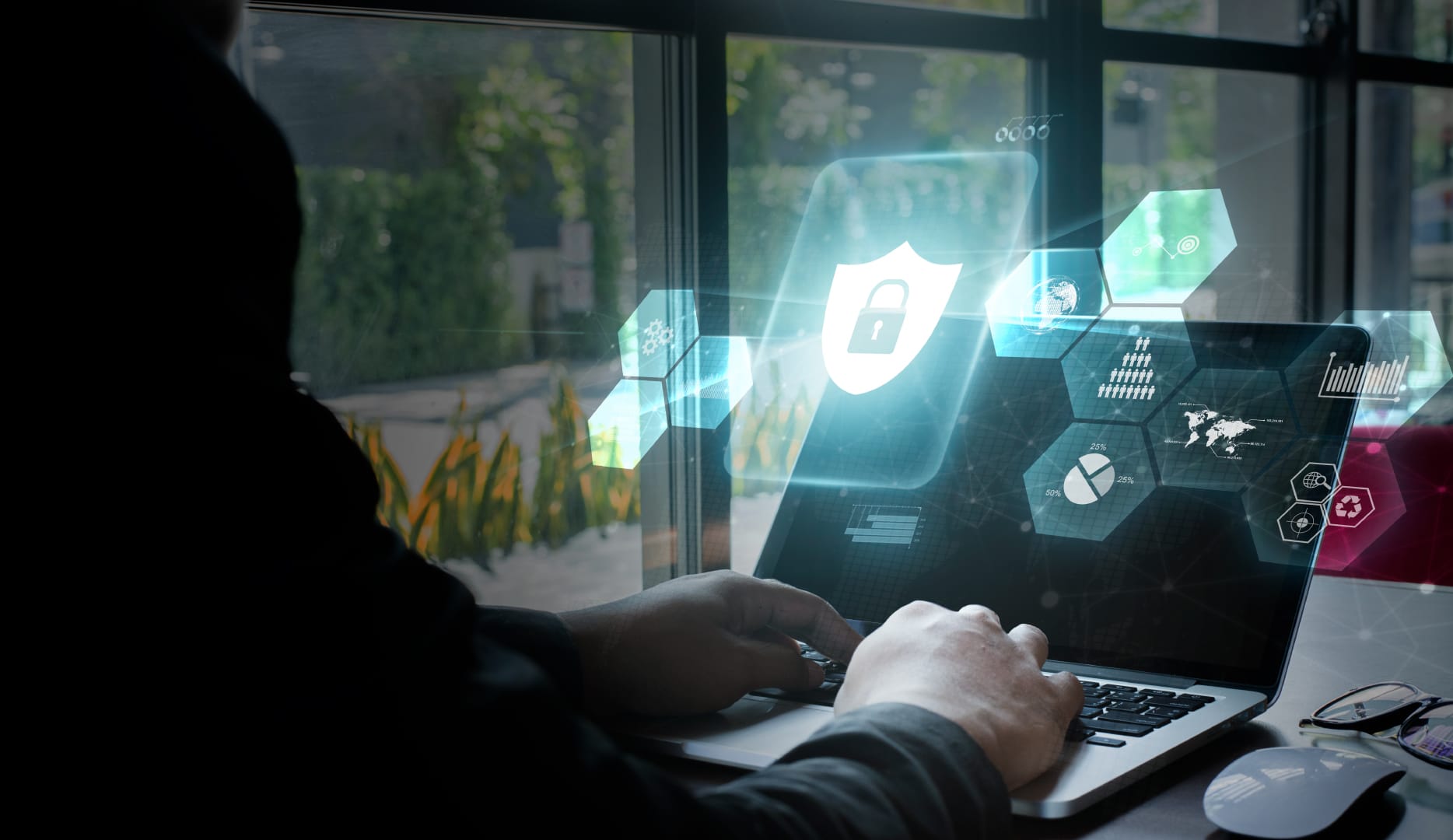Table of Contents
Ensuring that a company operates smoothly with resilience requires solid remote security practices enforced by the employer. Below are some ways that employers can manage the protection of their data regardless of employee location.
Use The Cloud For Business Applications
Quickbooks and Office 365 allow employees to have access to company data 24/7 with enhanced security. Unlike other options, the potential for security breaches is minimized thanks to the high industry standards and regulated security features.
Use VPNs For Employees
VPNs or Virtual Public Networks offer a similar method of protection to firewalls but are even more effective at blocking unwanted cyber threats. Employees are able to log online and access company data from anywhere as if they were within the company network while enjoying enhanced security and protection.
You can also read: Top 9 Free VPN Services
Multi-Factor Authentications
Most businesses shrug off the idea of implementing a multi-factor authentication system because it is a hassle. Most would rather not wait to receive a one-time passcode as it is time-consuming. However, what many overlook is just how effective this kind of protection is against security breaches.
Enforce BYOD And MDM Practices
Bring Your Own Devices and Mobile Device Management are all enhanced practices that can prevent users from experiencing cyber attacks. Implementing XDR can help to keep remote workers and your company data safe.
Use Encrypted Password Managers
Remembering passwords is often hard, but it’s crucial to ensure that employees use encrypted password management software solutions. These options include the likes of LastPass, Blur, Zoho Vault, Password Boss, Sticky Password, and 1Password.
You can also read: 7 Websites to Check Accounts for Password Leaks and Hacks
Educate Employees On Security Best Practices
Many employees tend to take advantage of a company’s IT department, assuming that they do everything possible to protect them against security breaches. Make sure that, as an employer, you establish guidelines and regulations that employees must adhere to in order to ensure the safety of company data. Employees are often overlooked as a company’s first line of defense against security threats, but their active participation in best practices can make a world of difference.
You can also read: Best Antivirus for Mac: Best Options in 2021
Regularly Update Software
Whether employees use their own devices or the company provides them with technology, they should understand the importance of regularly installing software updates. These patches are able to prevent loopholes in commonly used applications that hackers may use to their advantage. During updates, software security measures are enhanced and outdated features removed.
Use Secure Video Meetings
If you regularly use Zoom for remote meetings, it’s important to keep the sessions secure. Make sure to only use paid accounts and have everyone get a unique ID and password for the calls. Most importantly, create a waiting room where people can wait their turns before chiming in and always lock meetings once they start.
You can also read: Best Video Conferencing Tools for Remote Work for MAC
Remain Aware Of Phishing Scams
Perhaps the most commonly used threat by cyber criminals are the dreaded phishing scams. These emails, text messages or instant messages are created to look like a trustworthy website wherein users are tricked into providing their log-in data. Though IT security is always a line of defense, the most solid way to defend against phishing scams is by raising employee awareness.
You can also read: How to Remove Ransomware and Recover Data: Tips and Methods for 2022
Use Strong Passwords
Make sure that employees are well aware of the importance of using strong passwords and nothing too obvious or easy to hack.
You can also read: Strong Password – What Should it be and How to Check for Password Leak?
Never Leave Devices Unattended
It may seem obvious to some, but never leave your work-related devices unattended where anyone can gain access to them
Avoid Unsecured Networks
Some employees may wish to work at a coffee shop or restaurant, but the unsecured networks pose a serious cyber security threat.
Keep Work And Personal Activities Separate
A study has shown that up to 40% of what employees do online aren’t work-related. In fact, mixing personal activities with those of business can often invite additional unwanted problems. Help employees understand that company laptops and mobile devices are only for work and nothing else!





